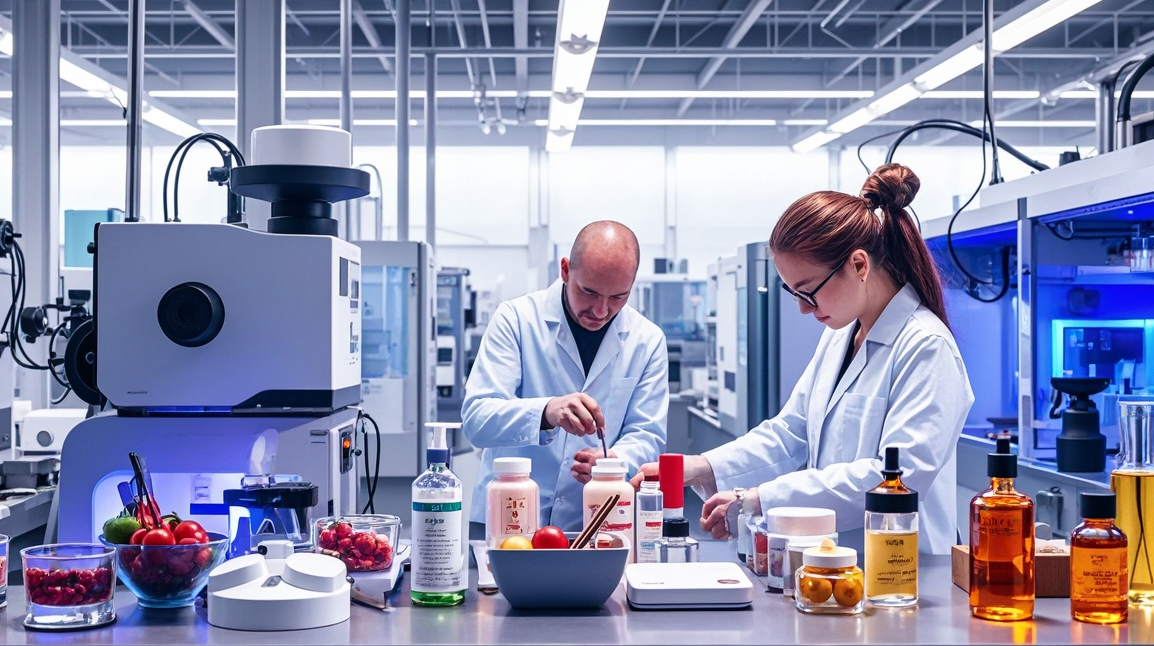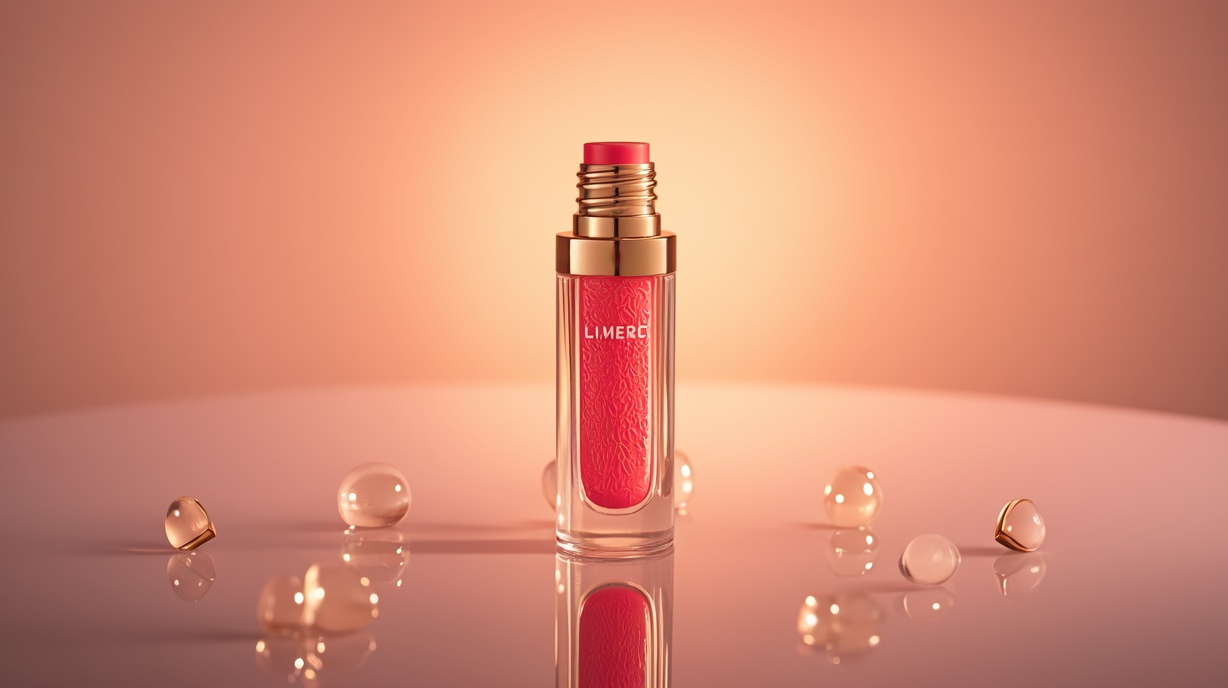In the ever-evolving beauty industry, the demand for safe and effective cosmetic products is paramount. This demand has led to a significant focus on laboratory cosmetics, where scientific research, cosmetic formulation, and product development take center stage. In this article, we delve into the intricate world of laboratory cosmetics, exploring skincare research, cosmetic testing, and the essential role of laboratory equipment in ensuring safety standards and ingredient analysis.
Understanding Laboratory Cosmetics
What Are Laboratory Cosmetics?
Laboratory cosmetics refer to beauty and skincare products that are developed through rigorous scientific research and testing. These products undergo a meticulous process that involves cosmetic formulation, ingredient analysis, and safety testing to ensure they meet industry standards. The scientific approach taken in laboratory cosmetics aims to provide consumers with high-quality, effective, and safe products.
The Role of Skincare Research
Skincare research is the backbone of laboratory cosmetics. It involves studying the skin's biology, understanding how different ingredients interact with the skin, and developing formulations that address specific skin concerns. Research in this field is crucial for creating products that not only enhance beauty but also promote skin health.
The Process of Cosmetic Formulation
From Concept to Creation
The journey of creating a cosmetic product begins with a concept, which is then translated into a formulation. This process involves selecting active and non-active ingredients, determining their concentrations, and testing their stability and efficacy. Advanced laboratory equipment plays a vital role in this stage, allowing scientists to conduct precise ingredient analysis and ensure formulation accuracy.
Importance of Ingredient Analysis
Ingredient analysis is a critical step in cosmetic formulation. It involves examining the chemical composition of ingredients to ensure they are safe and effective for use in cosmetic products. This analysis helps in identifying potential allergens, contaminants, and other harmful substances that could compromise product safety.
Ensuring Product Safety Through Cosmetic Testing
The Need for Cosmetic Testing
Cosmetic testing is essential for verifying the safety and efficacy of beauty products before they reach consumers. This testing process includes evaluating the product's stability, shelf-life, and potential for causing skin irritation or allergic reactions. Laboratories like NorthEast BioLab and Microchem Laboratory specialize in conducting these tests, adhering to FDA protocols and safety standards.
Types of Cosmetic Testing
- Stability and Shelf-Life Testing: Ensures that products maintain their quality and effectiveness over time.
- Microbial Contamination Testing: Detects the presence of harmful bacteria and fungi in products.
- Preservative Challenge Testing: Evaluates the effectiveness of preservatives in preventing microbial growth.
- Allergen Screening: Identifies potential allergens in cosmetic formulations.
The Role of Laboratory Equipment in Cosmetic Development
Advanced Technology for Precision and Safety
State-of-the-art laboratory equipment is crucial in the development of cosmetics. Instruments such as high-performance liquid chromatography and gas chromatographs enable precise analysis of ingredients, ensuring that formulations meet safety and quality standards. These tools also aid in the detection of heavy metals and other contaminants that could pose risks to consumers.
Regulatory Compliance and Safety Standards
Compliance with regulatory standards is non-negotiable in the beauty industry. Laboratories must adhere to guidelines set by agencies like the FDA and the European Commission to ensure product safety. This involves conducting thorough testing and providing documentation such as safety data sheets and certificates of analysis.
The Future of Laboratory Cosmetics
Innovations in Skincare Research
The future of laboratory cosmetics lies in innovation. Researchers are continually exploring new ingredients and technologies to enhance the efficacy and safety of cosmetic products. This includes the use of nanotechnology, plant-based extracts, and sustainable raw materials to create products that cater to the evolving needs of consumers.
The Impact of a Scientific Approach
A scientific approach to cosmetic development not only ensures product safety but also fosters consumer trust. By prioritizing research and testing, brands can deliver products that are both effective and safe, ultimately enhancing their reputation and market success.
Embracing Science for Beauty
Laboratory cosmetics represent the perfect blend of science and beauty. Through rigorous skincare research, precise cosmetic formulation, and comprehensive testing, these products meet the highest standards of quality and safety. As the beauty industry continues to evolve, embracing a scientific approach will be key to developing innovative products that resonate with consumers.
Are you ready to explore the world of laboratory cosmetics? Whether you're a brand looking to develop new products or a consumer seeking safe skincare solutions, understanding the science behind cosmetics is essential. Connect with reputable laboratories like NorthEast BioLab and Microchem Laboratory to ensure your products meet the highest safety standards. Dive into the future of beauty with confidence, knowing that science is on your side.



